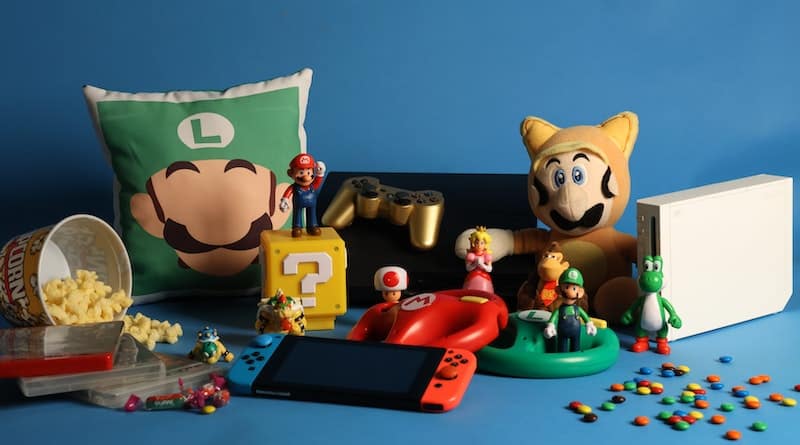How Collections Help Your Kids
You may remember your toy collections. Or maybe you still collect. Yet more than fun and games, there are some great reasons to encourage your children to collect toys and things. Collecting anything can become a lifelong hobby, or better yet, you can make a career of it.
They are Responsible for Something
At around age 5, children begin to develop their nurturing side. And this usually begins with the toys they play with or collect. The classic doll is a perfect example. Today, though, there are tons of exciting and unique collectibles for kids, such as LOL Surprise. Kids can develop attachments to the toys they love. And it isn’t uncommon for them to be treated well because they may not understand money, but they begin to understand the responsibility of the value of things.
They Learn to Organize
If you have ever seen a child who collects things, then you know how proud of them they can become. A child’s room could be littered with clothes and toys. But their collectibles will usually be proudly presented and carefully arranged. This could be sticker books, dolls, or even scientific stuff like rocks and bugs. It can also help children learn about color matching and other decorating ideas as they carefully arrange their best collectibles into carefully placed displays.
Collections Help with Reading
When a child becomes interested in something, they want to absorb as much of it as they can. This is one of the best reasons for starting collections. Collections will boost their interest and will encourage them to read more about the subject matter. For example, a child who loves rock collecting is likely to ask for a book about that subject. And studies have shown that kids who read in their spare time are more likely to excel at subjects in school more than their peers.
There are Social Benefits
Of course, children with an interest in something don’t stop talking about it. And while it can be annoying sometimes, it is great for social development. Collectibles are a great bridge for forming friendships when your child finds another child interested in the same things. These are also great icebreakers at parties, new schools, and playdates. As a result, your kids will likely increase their self-esteem, learn how to discuss something, and may also make a friend for life.
Learning to Handle Money
Unfortunately, budgeting and money aren’t taught in most schools. And this is a shame because it could probably help most people avoid getting into debt and be more responsible with their finances. Yet collectibles can be a great way to teach your children fiscal responsibility. First, you can teach them that they need to save for the things they want. Also, children can learn about the value of items in economic terms, such as appreciation and supply and demand.



